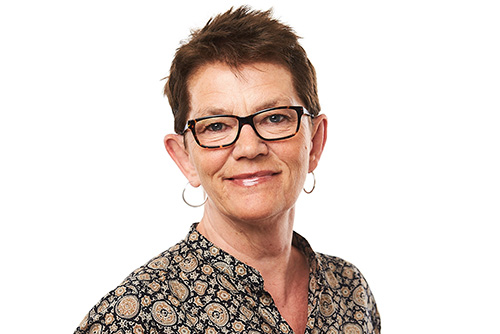The internationalization of Sweden requires new models for occupational adaptation

Exposed social groups with international background require new models for occupational adaptation. In a thesis from The School of Health and Welfare, Jönköping University, occupational therapist Ann Johansson explores how persons in vulnerable life situations can adapt to meet new challenges.
”The ability to adapt is common for all human beings. When conditions change, we find out new strategies to adapt – it’s a question of survival. But during a lifetime you will also face different occupational challenges when your usual adaption strategies can not be applied. You age, suffer from illness or end up in some other situation that makes you vulnerable”, Ann Johansson explains.
Ann Johansson’s interest in occupational adaption was born when working as an occupational therapist at a stroke unit.
”It was obvious that patients who more easily found new strategies for adaptation also handled their new life situations in a better and more positive way. As humans, we have that inner will to master the things we want – and have to – do. This is crucial for our health and well being.”
Research within occupational adaption has traditionally been conducted in the western world, focusing on USA. An increased internationalization with extensive migration flows call for a developed approach, considers Ann Johansson.
”It is important that we analyse and verify our existing theoretical models beyond the traditional contexts.”
Her study comprises three different groups of individuals in vulnerable life situations: One group of community-dwelling elderly, one group of Russian female stroke patients and one group of EU citizens begging in Sweden. The latter a vulnerable group, exposed to extreme occupational challenges and subject to an intense public debate.
Ann Johansson’s work proves the importance of a balanced occupational adaption. Too high demands from the environment, or vice versa, can result in maladaptation. The different groups showed great differences, but had one common denominator: to achieve good results, one must consider the entire context of the individual including living conditions and habits.
”The world has come to Sweden and we really need to adapt our models and working to this fact. My hope is to contribute with theoretical support in the development of improved methods for occupational adaption in the ’new Sweden’”.
Ann Johansson successfully defended her thesis ”Occupational adaptation in diverse contexts with a focus on persons in vulnerable life situations” at the dissertation on June 16th.
